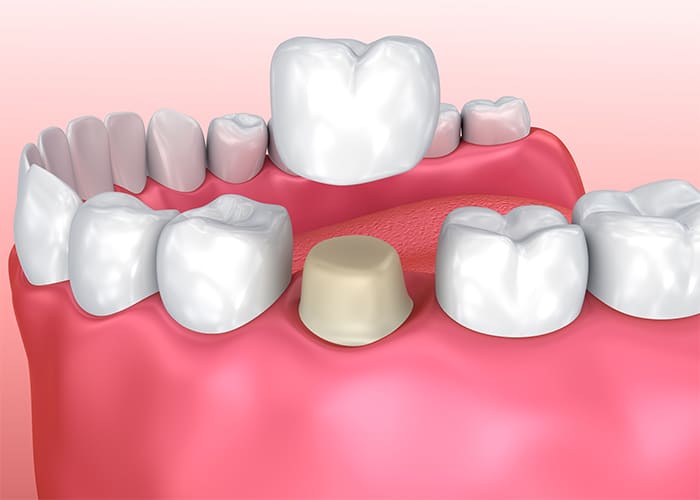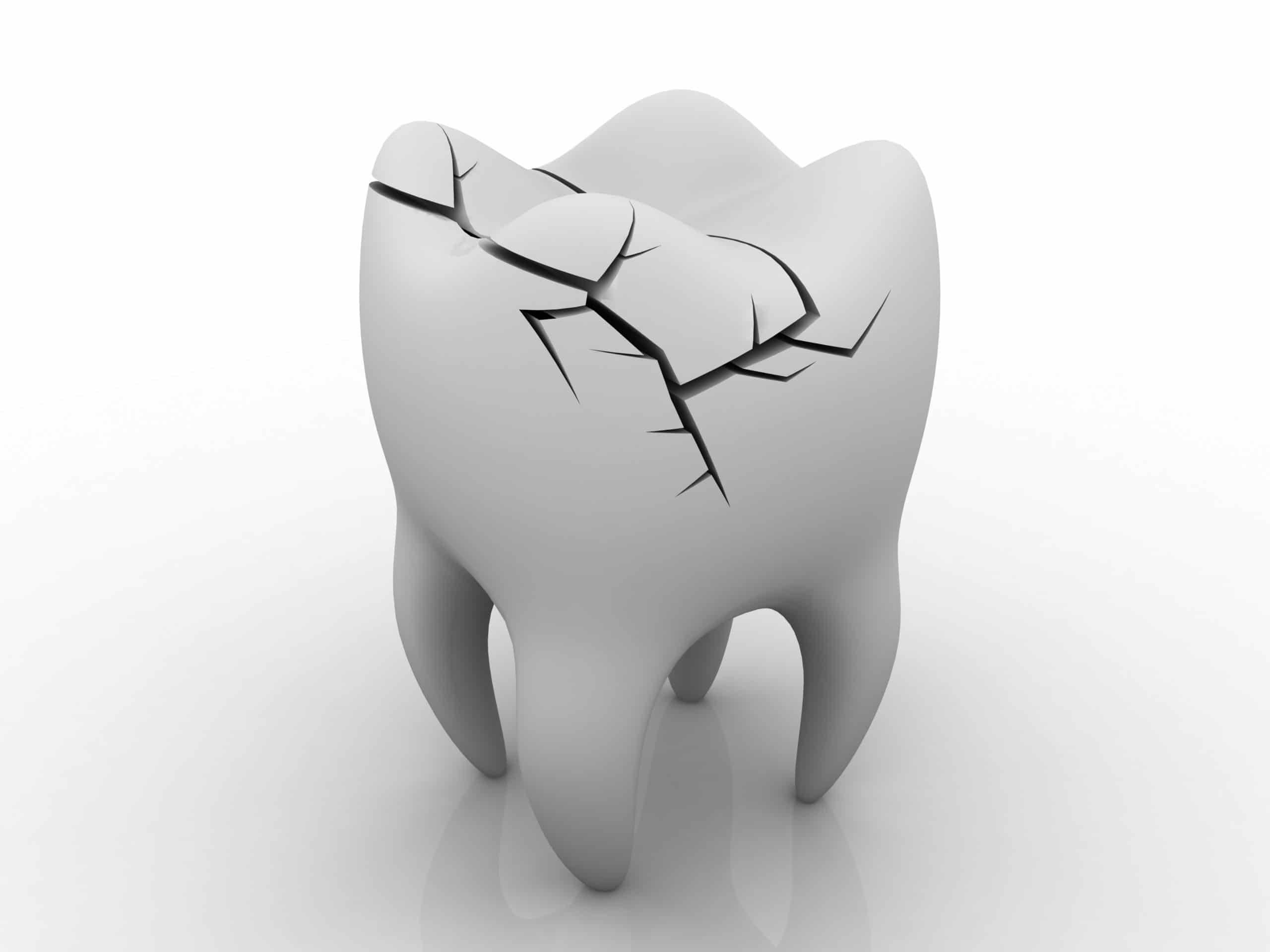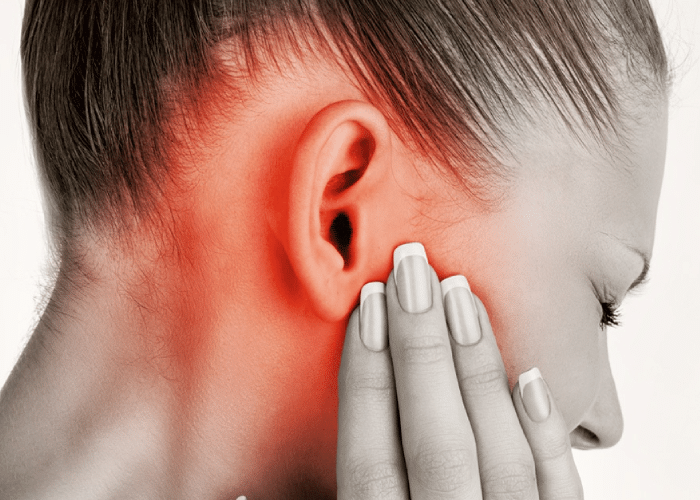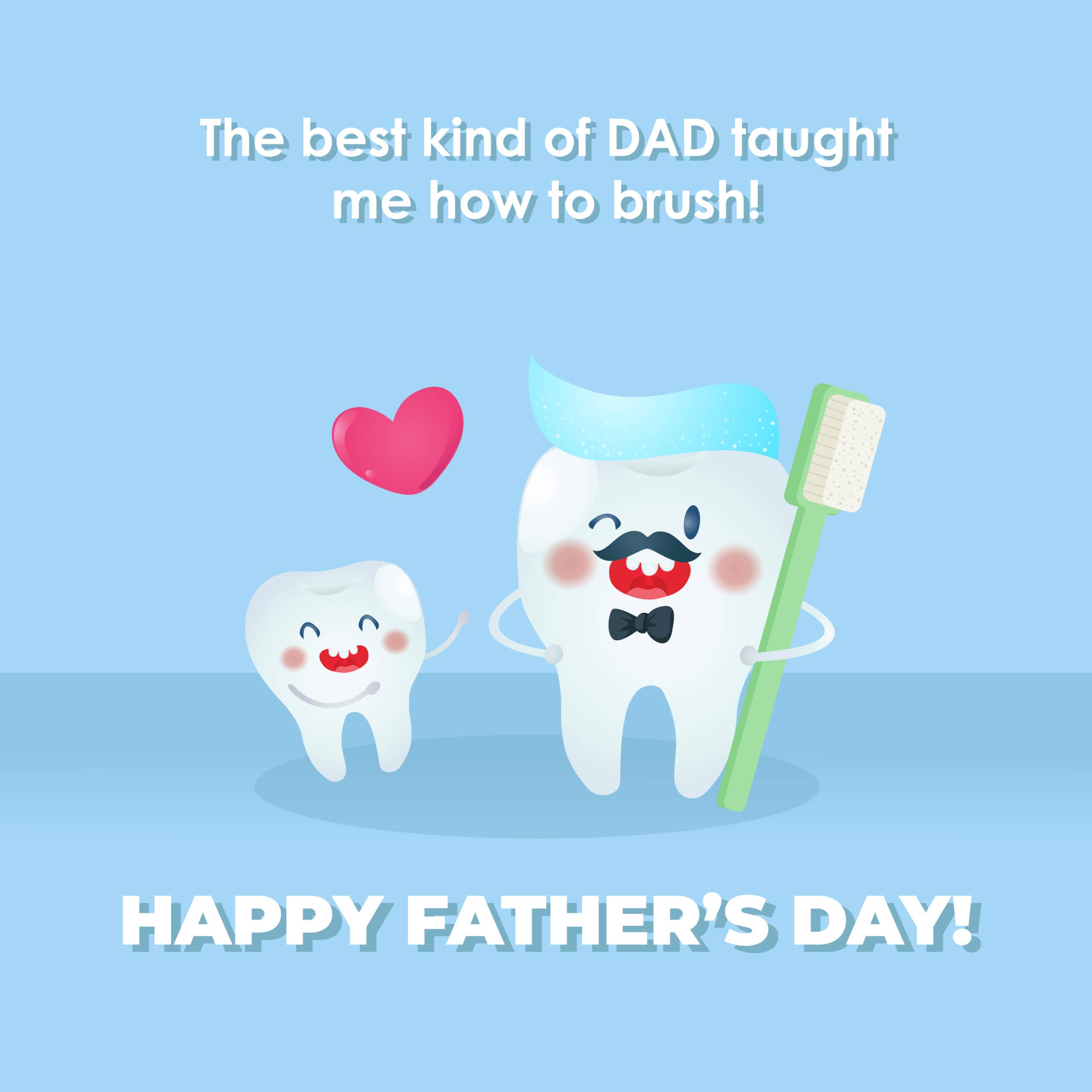When tooth enamel is worn away or damaged, bacteria and acids can create holes or cavities in the tooth which worsen over time.
Key takeaways:
- Take care of your oral hygiene by brushing teeth twice a day and flossing too.
- Eat a nutritious diet and reduce sugary, sticky or acidic foods and drinks.
- Have regular check-ups with a dentist so the dentist can spot signs of tooth decay early.
Tooth decay is extremely common, but it can be prevented.
“…your dentist is an important part of detecting any cavities early and preventing them.”
Full article here:
https://yourdentalhealthresource.com/best-ways-to-prevent-tooth-decay/










